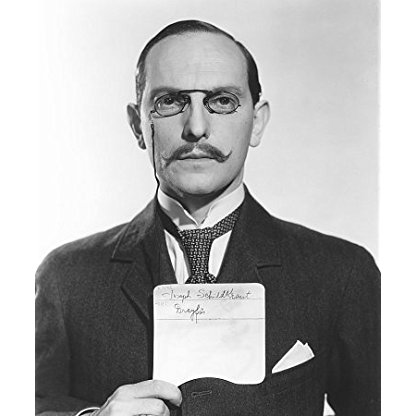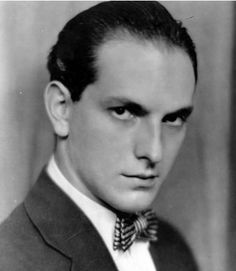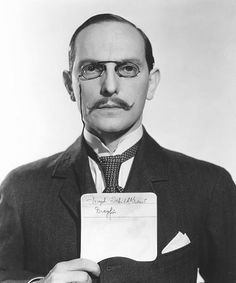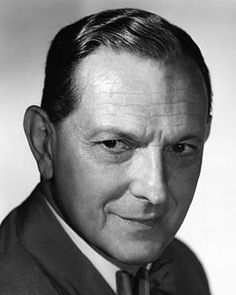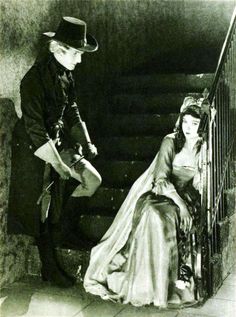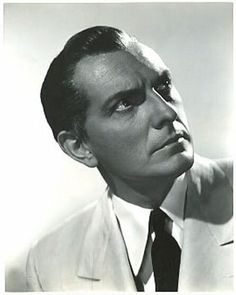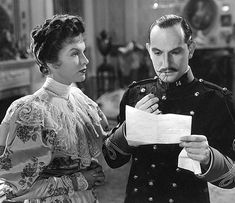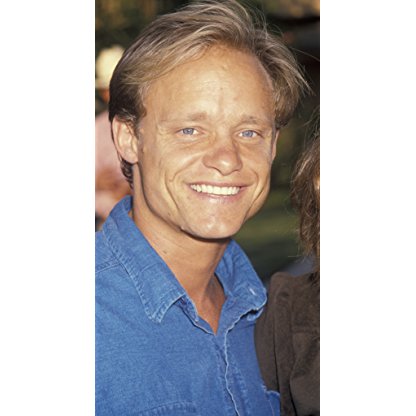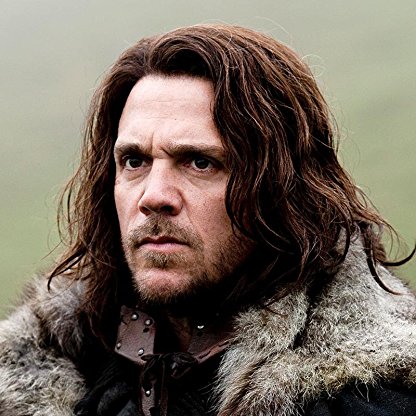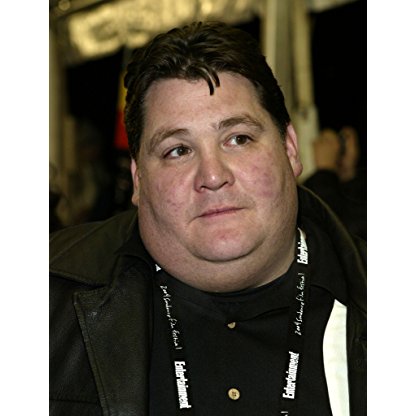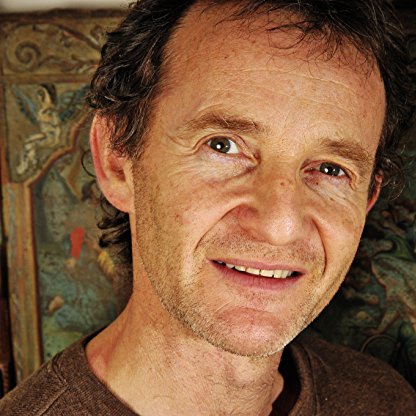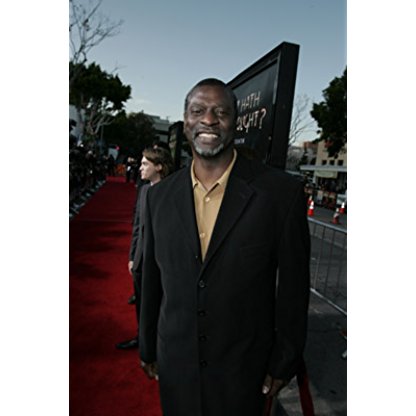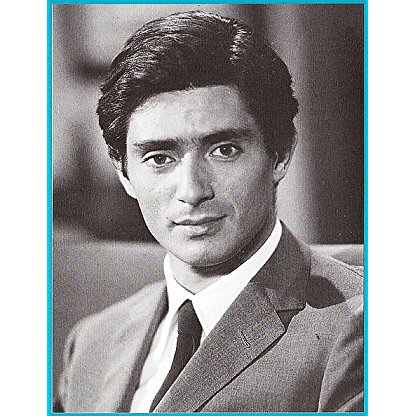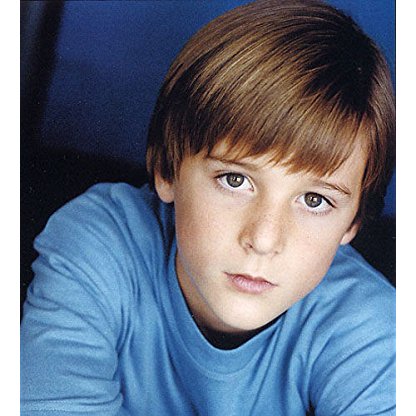Joseph Schildkraut was born on March 22, 1896, is Actor, Soundtrack. An imposing Austrian import-turned-matinée idol on the silent screen, Hollywood actor Joseph Schildkraut went on to conquer talking films as well -- with Oscar-winning results. Inclined towards smooth, cunning villainy, his Oscar came instead for his sympathetic portrayal of Captain Alfred Dreyfus in The Life of Emile Zola (1937). His most touching role on both stage and screen would come as the Jewish father-in-hiding, Otto Frank, in The Diary of Anne Frank (1959).Born on March 22, 1895, in Vienna, Austria, Joseph was the son of famed European/Yiddish stage actor Rudolph Schildkraut and his wife, the former Erna Weinstein. Nicknamed "Pepi" as a boy, the affectionate tag remained with him throughout his life. The family moved to Hamburg, Germany, when Joseph was 4. Joseph studied the piano and violin and grew inspired with his father's profession. On stage (with his father) from age 6, the family again relocated to Berlin where his father built a strong association with famed theatrical director Max Reinhardt.Following Joseph's graduation from Berlin's Royal Academy of Music in 1911, the family migrated to America and settled in New York in 1912. His father continued making his mark in America's Yiddish theater while Joseph was accepted into the American Academy of Dramatic Arts. Offered lucrative theatre work back in Germany, Rudolf and family returned to Europe where Joseph began to grow in stature on the stage with the help of mentor Albert Bassermann. Joseph, like his father, would become well known not only for his prodigious talents on stage, but his marriage-threatening, Lothario-like behavior off-stage.World War I and a call to the Austrian Army could have interrupted his career but his theatrical connections helped exempt him from duty. A thriving member of the Deutsches Volkstheatre (1913-1920), work became difficult to find in the post-war years so once again the family returned to America in 1920. Now an established stage player, Joseph was handed the title role in the Guild Theatre production (and American premiere) of "Liliom" opposite his leading lady of choice Eva Le Gallienne. It made stars out of both actors and both revisited their parts together on stage many years later in 1932.Having appeared in a few silent pictures in Germany and Austria, Joseph was handed a prime role in the silent screen classic Orphans of the Storm (1921) starring the Gish sisters. This alone established him as an exotic matinée figure along the lines of a Valentino and Navarro. Preferring the stage, he nevertheless continued making films while conquering (on screen) Hollywood's loveliest of actresses, including Norma Talmadge in The Song of Love (1923), Seena Owen in Shipwrecked (1926), Marguerite De La Motte in Meet the Prince (1926), Bessie Love in Young April (1926) (which also co-starred father Rudolf), Lya De Putti in The Heart Thief (1927), and Jetta Goudal in The Forbidden Woman (1927). Most notable was his participation in the Cecil B. DeMille epics The Road to Yesterday (1925) and The King of Kings (1927), the latter co-starring as Judas Iscariot, with father Rudolf playing the high priest Caiaphas.Joseph met his first wife, aspiring actress Elise Bartlett, during a herald run as "Peer Gynt" (1923) on Broadway. The impulsive romantic swept her off her feet, proposed to her on the day he met her, and married her the following week. The couple separated a few years later and his first wife fell to drink, dying at a fairly young age of an alcohol-related illness. His second marriage to Marie McKay was much happier and lasted almost three decades.The actor's sturdy voice and strong command of the stage led to an easy transition into talking films. Among others, Joseph won the role of Gaylord Ravenal in the Kern and Hammerstein musical Show Boat (1929) opposite Laura La Plante as Magnolia. Despite his preference for the theater, Depression-era finances forced him to relocate to Los Angeles for more job security. Throughout the 1930s and 1940s, Joseph evolved into one of Hollywood's most distinctive character actors.He played Wallace Beery's nemesis, General Pascal in MGM's Viva Villa! (1934), King Herod opposite Claudette Colbert in DeMille's Cleopatra (1934), and stole scenes as the cunning and underhanded Conrad, Marquis of Montferratin, in DeMille's The Crusades (1935). Joseph received his Oscar for his portrayal of Captain Dreyfus, a proud and robust French Jew wrongly convicted of treason and subsequently exiled to Devil's Island, in the biopic The Life of Emile Zola (1937). He soon became a Hollywood fixture appearing in everything from sumptuous costumers (Marie Antoinette (1938), The Three Musketeers (1939), The Man in the Iron Mask (1939), Monsieur Beaucaire (1946)), to action adventure (Lancer Spy (1937), Suez (1938)) to potent drama (The Rains Came (1939), The Shop Around the Corner (1940)). His film output slowed down considerably at the outbreak of WWII in 1941, however; nevertheless he continued to show vitality on the stage with notable successes in "Clash by Night" (1941) with Tallulah Bankhead, "Uncle Harry" (1942) and "The Cherry Orchard" (1944) (again with Eva Le Gallienne).His Hollywood downfall happened when he signed his career away to the low budget Republic Pictures studio...for financial reasons. The films were unworthy of his participation and his roles secondary in nature to the storyline. His final Broadway appearance and greatest stage triumph would occur in 1955 as Otto Frank and he repeated his role on film but The Diary of Anne Frank (1959). In one of Hollywood's bigger missteps, he was not even nominated for an Academy Award. Sporadic appearances followed on stage and film -- his last movie role wasted on the trivial role of Nicodemus in the epic failure The Greatest Story Ever Told (1965). The film was released posthumously. On TV, however, he played Claudius to Maurice Evans' Hamlet in 1953 and filmed a memorable "Twilight Zone" episode in 1961.Following his beloved second wife's death in 1961, he married one more time, in 1963, to a much younger woman named Leonora Rogers. Joseph died of a heart attack only months later at his New York City home on January 21, 1964, He was 68, almost the exact same age his father Rudolf was when he too suffered a fatal heart attack. Joseph was interred in the Beth Olam Mausoleum of the Hollywood Forever Cemetery in Los Angeles.
Joseph Schildkraut is a member of Actor
Age, Biography and Wiki
| Who is it? |
Actor, Soundtrack |
| Birth Day |
March 22, 1896 |
| Birth Place |
Vienna, Austria-Hungary [now Austria], American |
|
Age
|
123 YEARS OLD |
| Died On |
21 January 1964(1964-01-21) (aged 67)\nNew York City, U.S. |
| Birth Sign |
Aries |
| Occupation |
Actor |
| Years active |
1915–1964 |
| Spouse(s) |
Elise Bartlett (1923–1930; divorced)
Marie McKay (1932–1962; her death)
Leonora Rogers (1963–1964; his death) |
| Parent(s) |
Rudolph Schildkraut
Erna Weinstein |
💰 Net worth
Joseph Schildkraut, renowned as an actor and soundtrack artist from America, is anticipated to have a net worth ranging from $100K to $1M by 2025. With an illustrious career in the entertainment industry, Schildkraut has showcased his remarkable acting skills, leaving an indelible mark on both the big screen and the music industry. Throughout his journey, he has garnered fame, critical acclaim, and financial success, contributing to his impressive net worth. Schildkraut's diverse talents have made him a cherished figure in American cinema and music, solidifying his position as a respected and influential artist.
Some Joseph Schildkraut images
Biography/Timeline
1900
Schildkraut was born in Vienna, Austria, the son of Erna (née Weinstein) and stage (and later motion picture) actor Rudolph Schildkraut. His family was Jewish. The younger Schildkraut moved to the United States in the early 1900s. He appeared in many Broadway productions. Among the plays that he starred in was a notable production of Peer Gynt.
1921
In 1921, Schildkraut played the title role in the first American stage production of Ferenc Molnár's Liliom, the play that would eventually become the basis for Rodgers and Hammerstein's Carousel. He then began working in silent movies, although he did return to the stage occasionally. He had early success in film as the Chevalier de Vaudrey in D. W. Griffith's Orphans of the Storm with Lillian Gish. Later, he was featured in Cecil B. DeMille's epic 1927 film The King of Kings, as Judas Iscariot. Schildraut's father Rudolf also appeared in the film. Joseph Schildkraut also played a Viennese-accented, non-singing Gaylord Ravenal in the 1929 part-talkie film version of Edna Ferber's Show Boat. The character as written in the 1929 film was much closer to Ferber's original than to the depiction of him in the classic Kern and Hammerstein musical play based on the novel as well as the 1936 and 1951 film versions of the musical, but the 1929 film was not a critical or box-office success.
1937
Schildkraut received an Academy Award for Best Supporting Actor for his role as Alfred Dreyfus in The Life of Emile Zola (1937). He gained further fame for playing the ambitious duc d'Orléans in the historical epic Marie Antoinette (1938), opposite Norma Shearer, Tyrone Power, John Barrymore and Robert Morley, and gave a notable performance as the villainous Nicolas Fouquet in The Man in the Iron Mask (1939).
1959
Schildkraut is perhaps best remembered today for playing the role of Otto Frank in both the original stage production and film version of The Diary of Anne Frank (1959). He was also an active character actor and appeared in guest roles on several early television shows, including the Hallmark Hall of Fame, in which he played Claudius in the 1953 television production of Hamlet, with Maurice Evans in the title role. Schildkraut also hosted and starred in Joseph Schildkraut Presents, a short-lived series on the DuMont Television Network from October 1953 to January 1954.
1961
In 1961, during the 3rd season of The Twilight Zone, he made his first appearance on episode 9, "Deaths-Head Revisited". He later played an elderly man in "The Trade-Ins" in season 3, episode 31 of the same show. In 1963, he was nominated for a Best Actor Emmy Award for his performance in a guest starring role on NBC's Sam Benedict legal drama which starred Edmond O'Brien and Richard Rust.
1962
Schildkraut was married three times. His first marriage was to Actress Elise Bartlett in 1923; they divorced in 1931. He married Mary McKay in 1932, until her death on February 17, 1962. In 1963, Schildkraut married Leonora Rogers, who survived him. Schildkraut died at his home in New York City of a heart attack.

